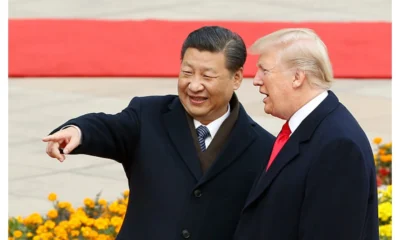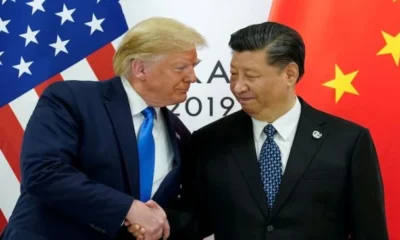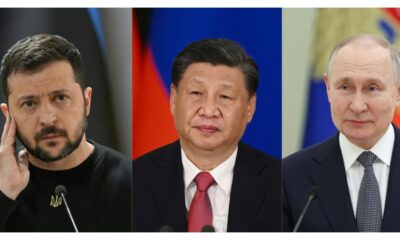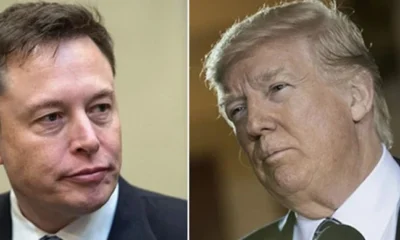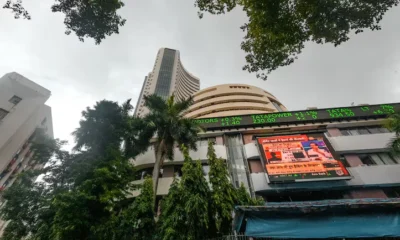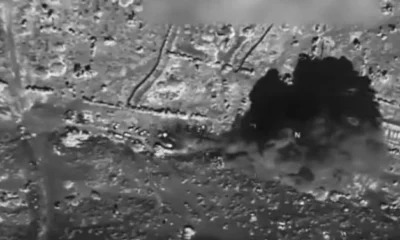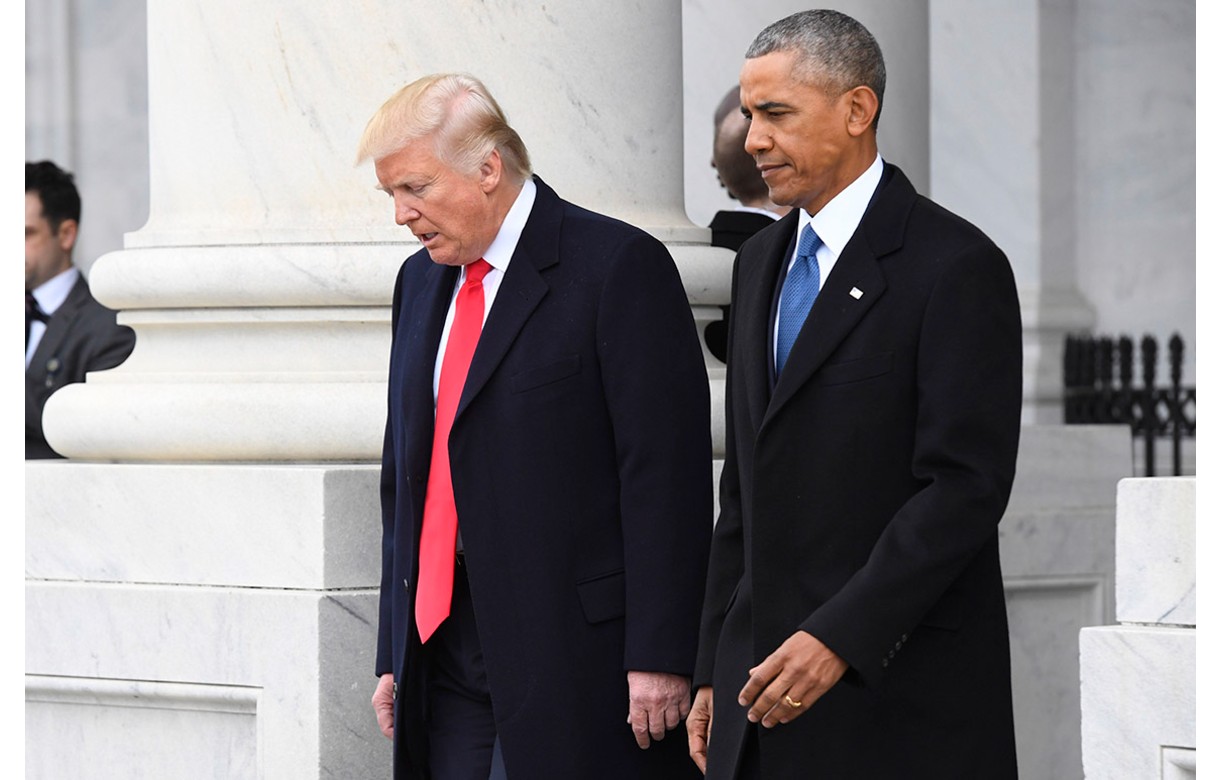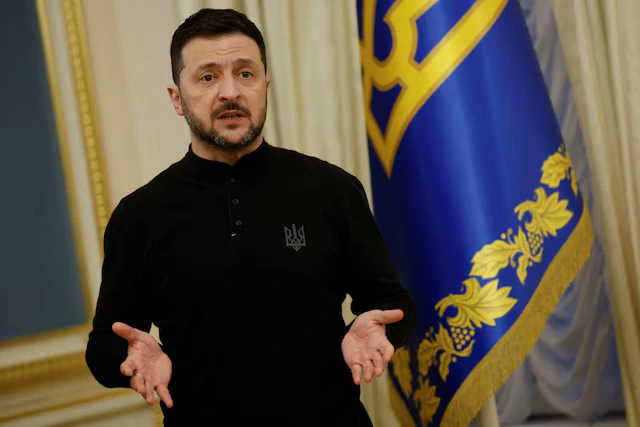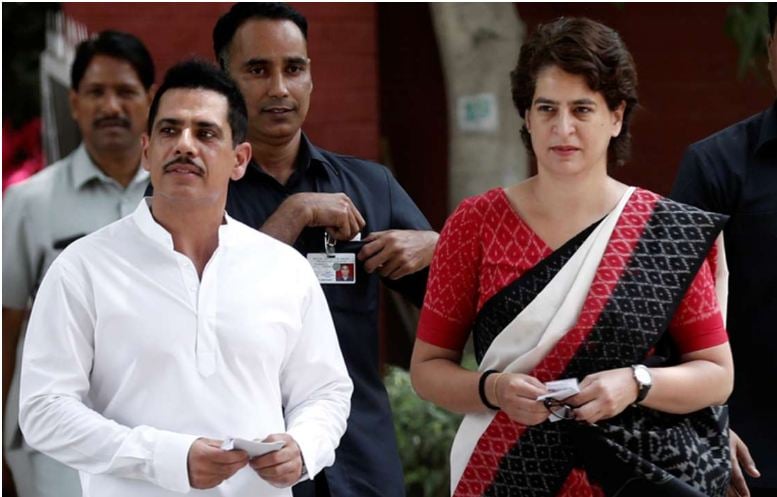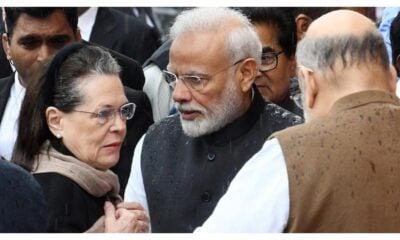Latest world news
Iran, P4+1 meet ends inconclusive in Vienna

Latest world news
China halts Boeing jet deliveries amid trade war with US
This halt in Boeing deliveries could have significant repercussions for both China’s aviation industry and the American aerospace sector.
Latest world news
Barack Obama backs Harvard University after Trump freezes $2.3 billion funding, says attempt to stifle academic freedom
The demands also called for banning face coverings—viewed as targeting pro-Palestinian protesters—and dismantling the university’s diversity, equity, and inclusion (DEI) programs, which the government criticized as fostering “simplistic racial stereotypes.”
India News
Russian missile strike on religious holiday kills 21 in Sumy, President Zelenskiy condemns Palm Sunday attack
A Russian missile attack on Ukraine’s Sumy killed 21 people and injured 83 on Palm Sunday, prompting President Zelenskiy to urge strong global action against Moscow.
-

 Cricket news17 hours ago
Cricket news17 hours agoVirat Kohli breaks silence over deleting all ads from Instagram account, says needed a reset
-
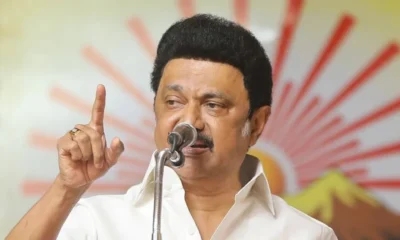
 India News23 hours ago
India News23 hours agoMK Stalin sets up panel to push for Tamil Nadu’s autonomy amid NEET, Governor challenges move
-
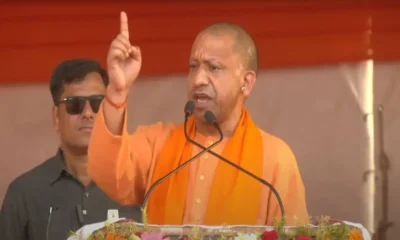
 India News22 hours ago
India News22 hours agoYogi Adityanath slams Mamata Banerjee over Bengal Waqf protest violence
-

 India News23 hours ago
India News23 hours agoGujarat man who threatened Salman Khan found mentally ill, say police
-
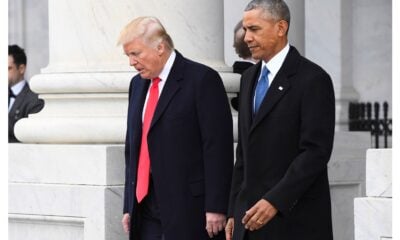
 Latest world news20 hours ago
Latest world news20 hours agoBarack Obama backs Harvard University after Trump freezes $2.3 billion funding, says attempt to stifle academic freedom
-

 Cricket news20 hours ago
Cricket news20 hours agoIndia vs Bangladesh 2025 ODI, T20 series schedule announced
-
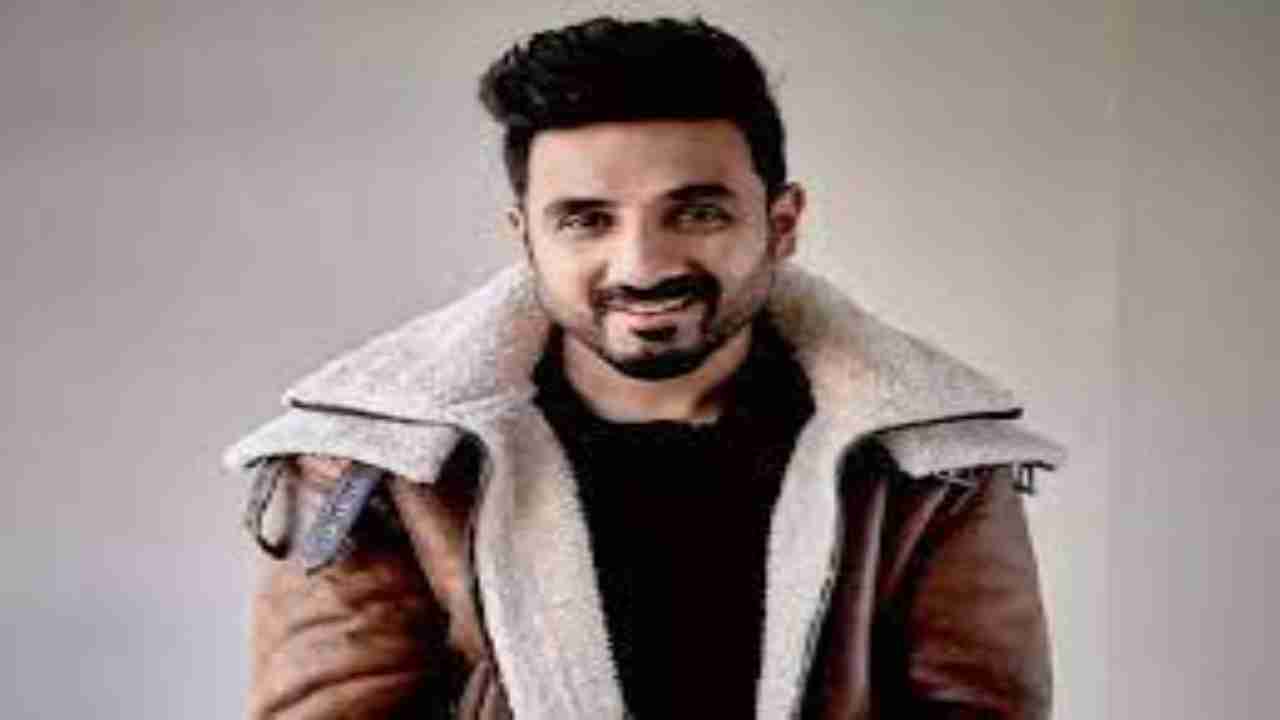
 India News18 hours ago
India News18 hours agoAir India responds after Vir Das says injured wife not provided wheelchair
-

 Bihar news18 hours ago
Bihar news18 hours agoBihar RJD leader Mohammad Shoaib claims he was digitally arrested for hours, says shared gold and cash reserve details with fraudsters


